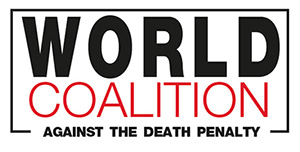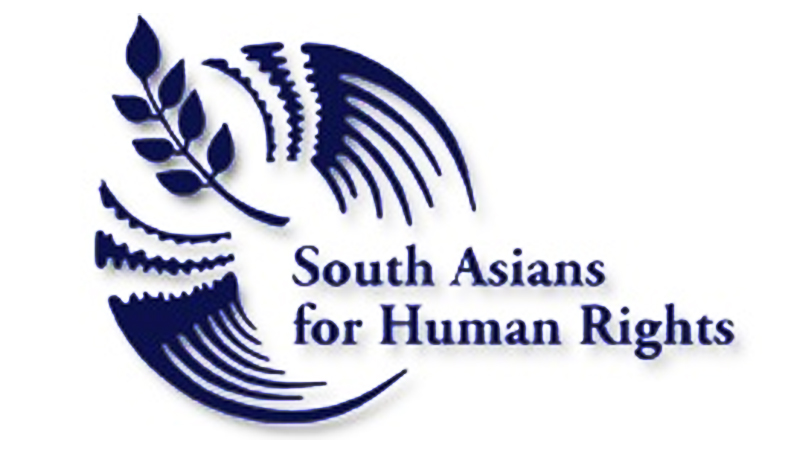HRCP council gravely concerned at human rights crisis, calls for urgent measures
Press release
HRCP council gravely concerned at human rights crisis, calls for urgent measures
Lahore, 14 August. On concluding its biannual meeting, the governing council of the Human Rights Commission of Pakistan (HRCP) has expressed grave concern over the state’s abject failure to protect its most vulnerable citizens.
HRCP demands that child protection units be revitalised and law enforcement agencies compound their efforts to trace and charge perpetrators of crimes against children. Violence against women and girls—most recently the murder of Noor Mukaddam in Islamabad, a rape victim in Rawalpindi and at least three minors in Quetta—amounts to a femicide emergency and must be dealt with as such. The much-needed domestic violence bill was also shunted unnecessarily towards the all-male Council of Islamic Ideology.
Religious minorities and sects remain under enormous pressure, their sites of worship arbitrarily attacked or desecrated. The state must take prompt and concrete steps to implement the 2014 Supreme Court judgment, which provides for special police forces to protect sites of worship. The government must also recognise that the Shia Hazara community remains particularly vulnerable to sectarian violence.
HRCP remains concerned at the impact of the anti-encroachment drives in Karachi’s Gujjar Nullah and Orangi areas. The provincial government must ensure that people who have lost their homes are fairly compensated and resettled. HRCP also calls for an immediate end to the forced displacement of families by Bahria Town development schemes.
The government must pay special attention to protecting the rights of workers and peasants, in particular, addressing the concerns of the fisherfolk community in Gwadar regarding threats to their livelihood, small farmers in the military-owned Okara farms, and coal miners working in abject conditions in Balochistan and Khyber Pakhtunkhwa.
HRCP is seriously concerned at the continuing lack of accountability of perpetrators in cases of enforced disappearance. All state agencies must be brought within the ambit of the law and the Commission of Inquiry on Enforced Disappearances must provide answers, not merely numbers.
HRCP is greatly alarmed at the extent to which freedom of expression and opinion has receded sharply, with reports of the abduction and torture of journalists becoming more common and repressive state policies making it difficult for journalists to even remain employed. We also see the recently released government report on ‘anti-state trends’ as a deliberate attempt to malign numerous human rights defenders and journalists.
The political engineering evident in the newly merged districts of Khyber Pakhtunkhwa and stringent curbs on political dissent must cease. Similarly, the state must take immediate measures to remove all landmines in this area. It is also imperative that the government investigate the ‘kill list’ recently issued by the Taliban and ensure that all those concerned are provided security.
Should the volatile situation in Afghanistan translate into an influx of refugees, the government has a moral duty to ensure that all persons within the borders of the country are guaranteed the right to liberty and security of person. Pakistan must sign the 1951 Geneva Convention Relating to the Status of Refugees and enact national legislation that protects the rights of all asylum seekers and immigrants. The government must also apprise citizens of the state of implementation of the National Action Plan, given the prospect of increasing militancy.
The government’s increasingly authoritarian tendencies provide no room for consensus building between the state and civil society. HRCP is especially concerned by the extent to which federalism has come under strain. In the interest of giving students the right to a secular education, no province should be pressured to adopt the heavily criticised Single National Curriculum.
Parliamentary proceedings should not be conducted in camera. The public has the right to know what is debated and decided on the floor of the house. Equally, HRCP is concerned by the deteriorating independence of the judiciary, continued application of the jirga system in Sindh and Khyber Pakhtunkhwa, and the fact that the National Commission for Human Rights remains dysfunctional.
HRCP calls on the government to accelerate its vaccination efforts and to ensure that social safety nets do not exclude individuals who lack citizenship identity documents and extend to the millions of un-regularised contract workers who depend on their freedom of movement to make a living.
Hina Jilani
Chairperson
On behalf of the Council of HRCP
Category: English, Press Releases






